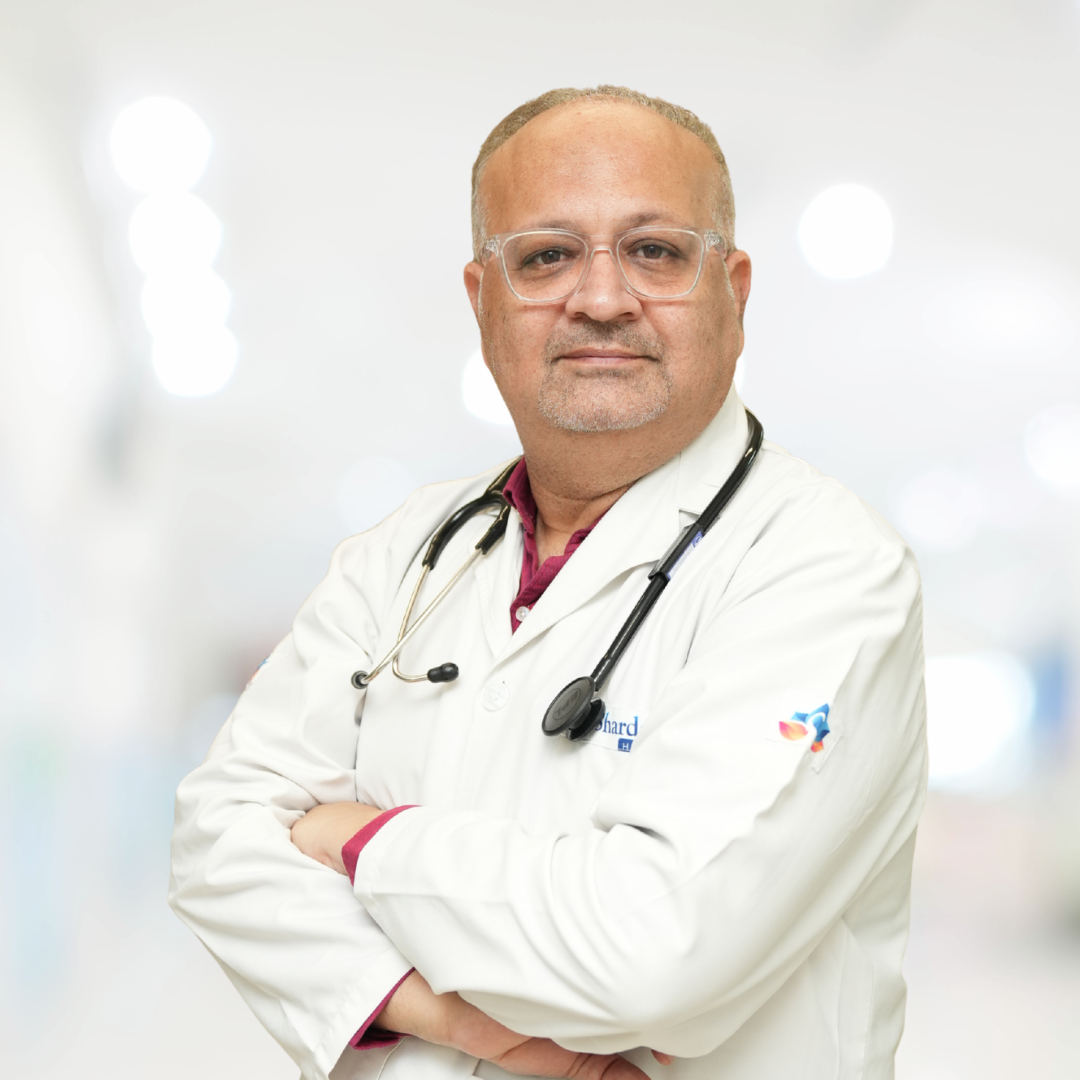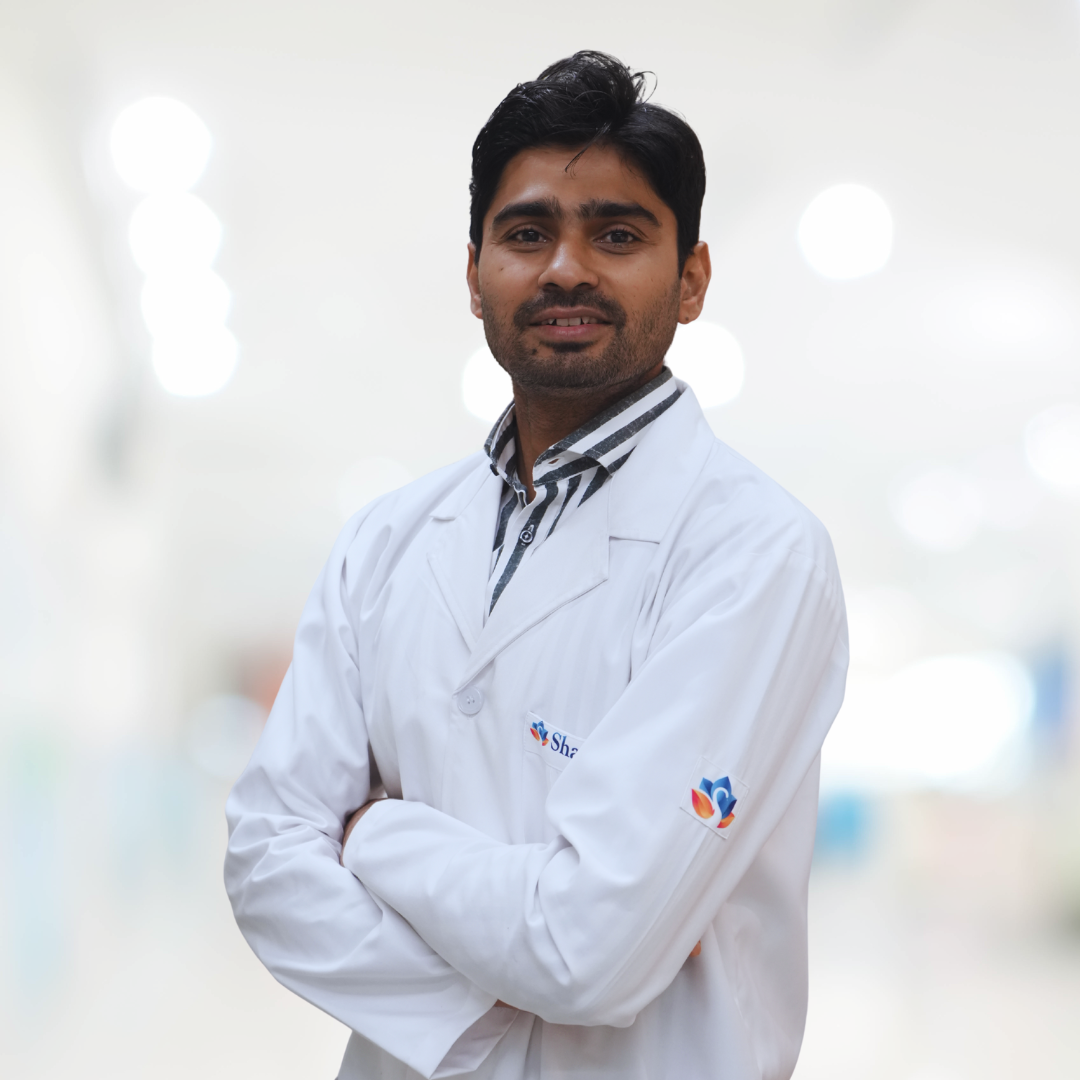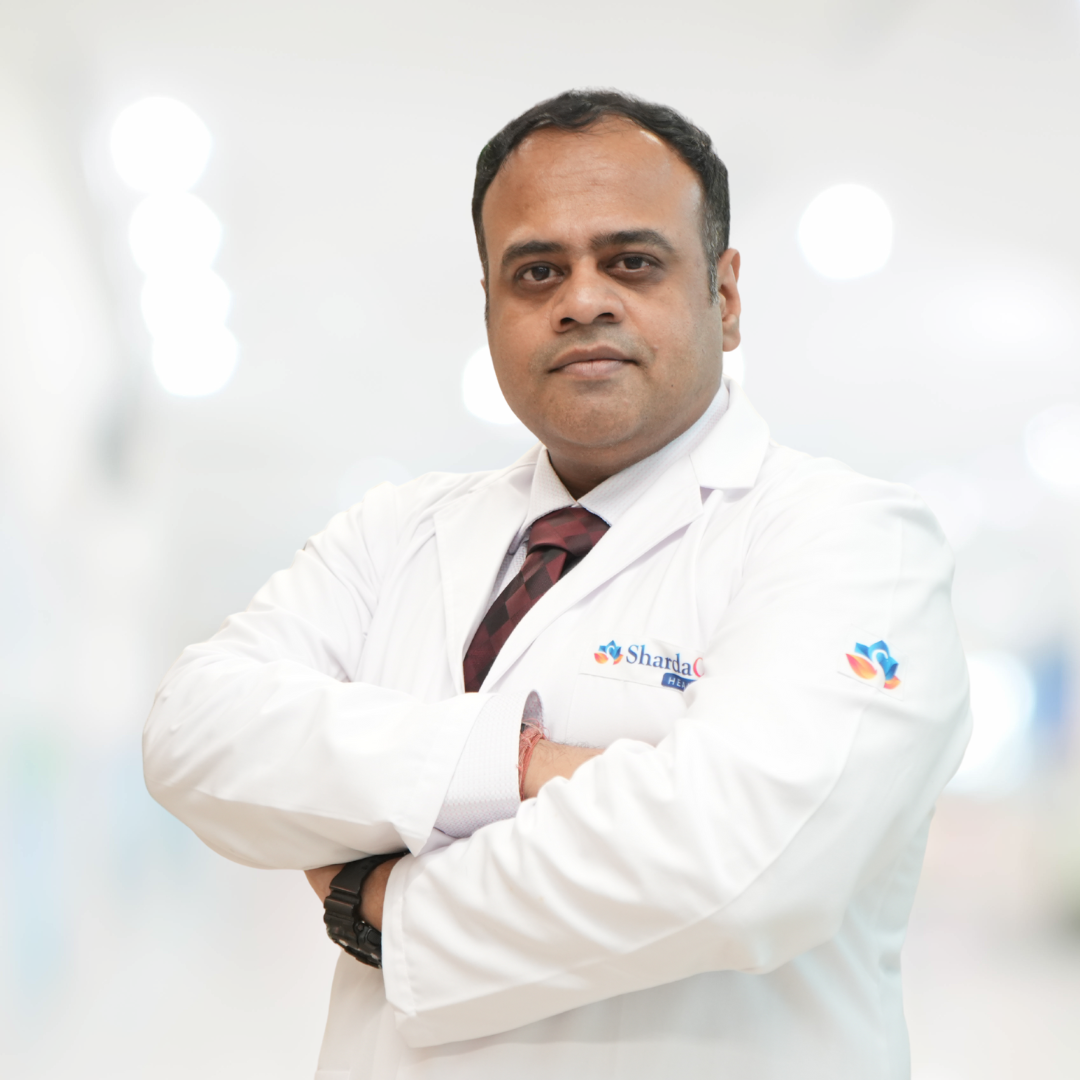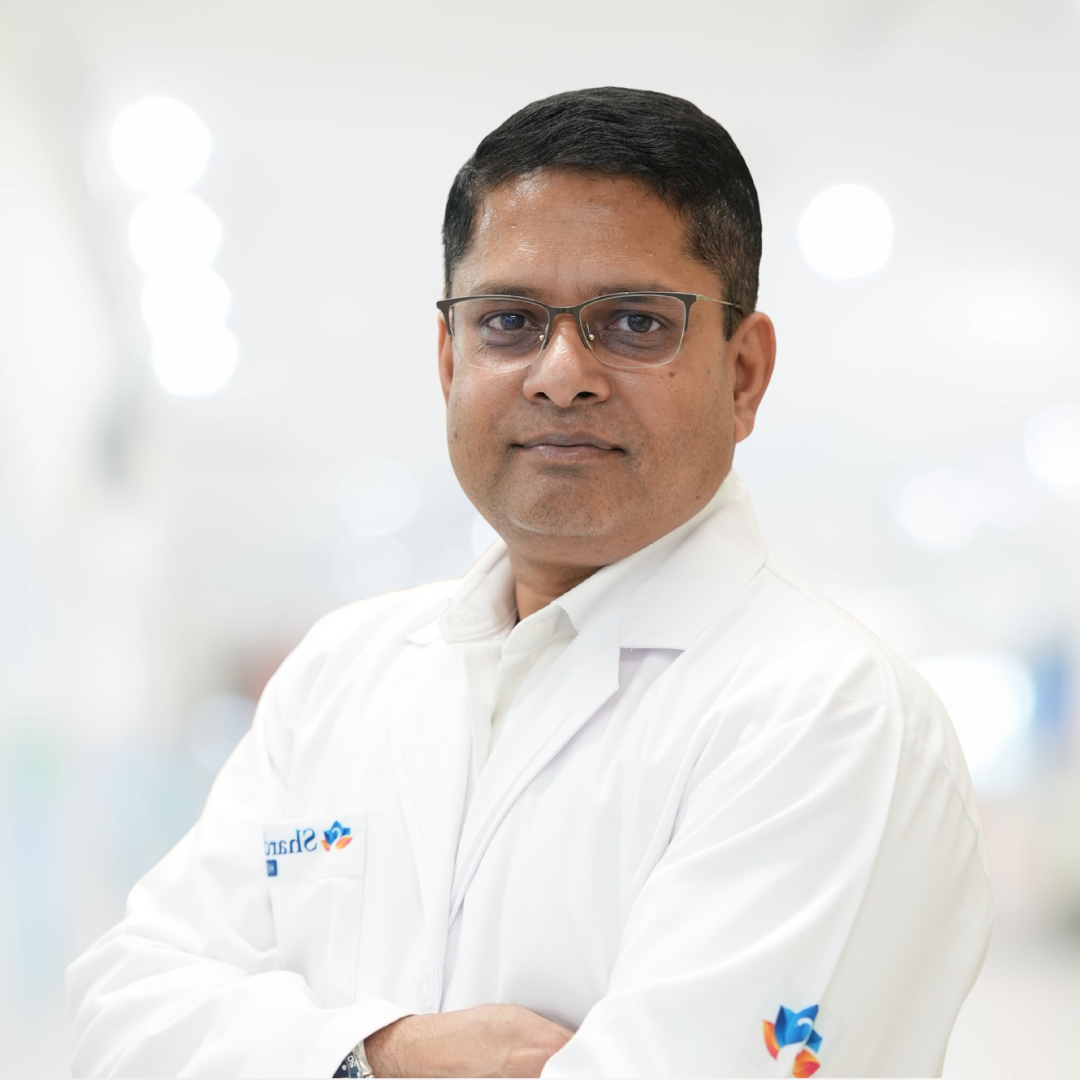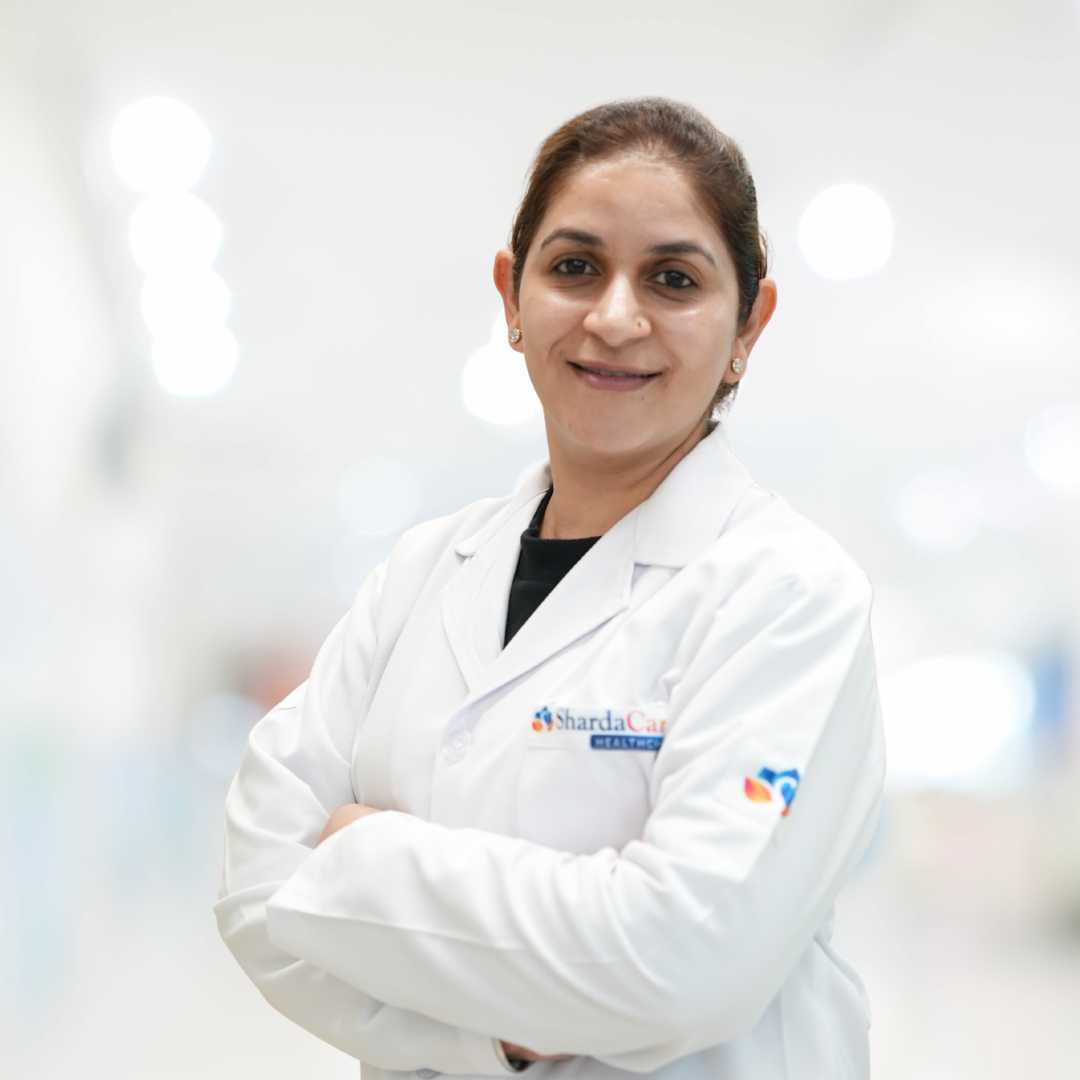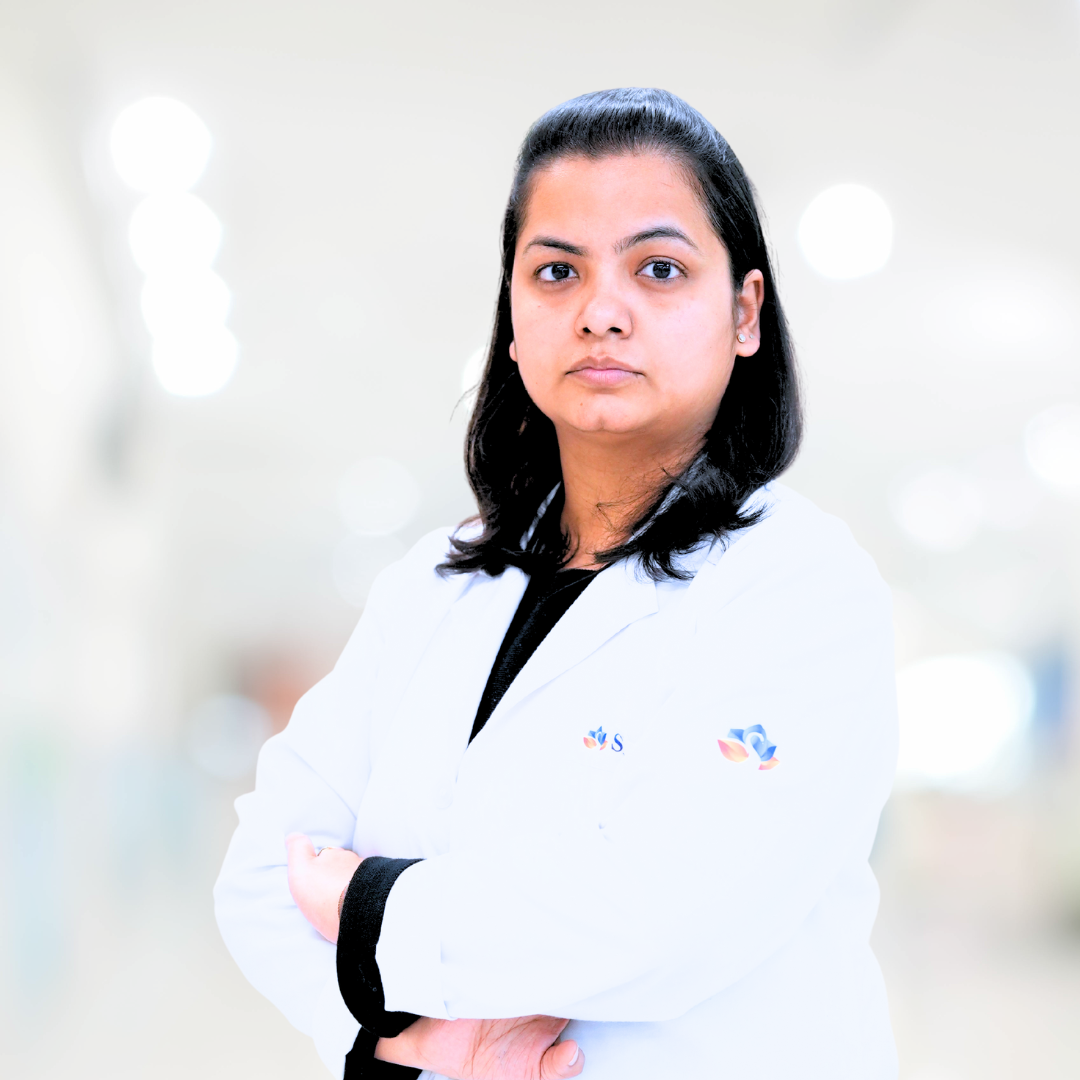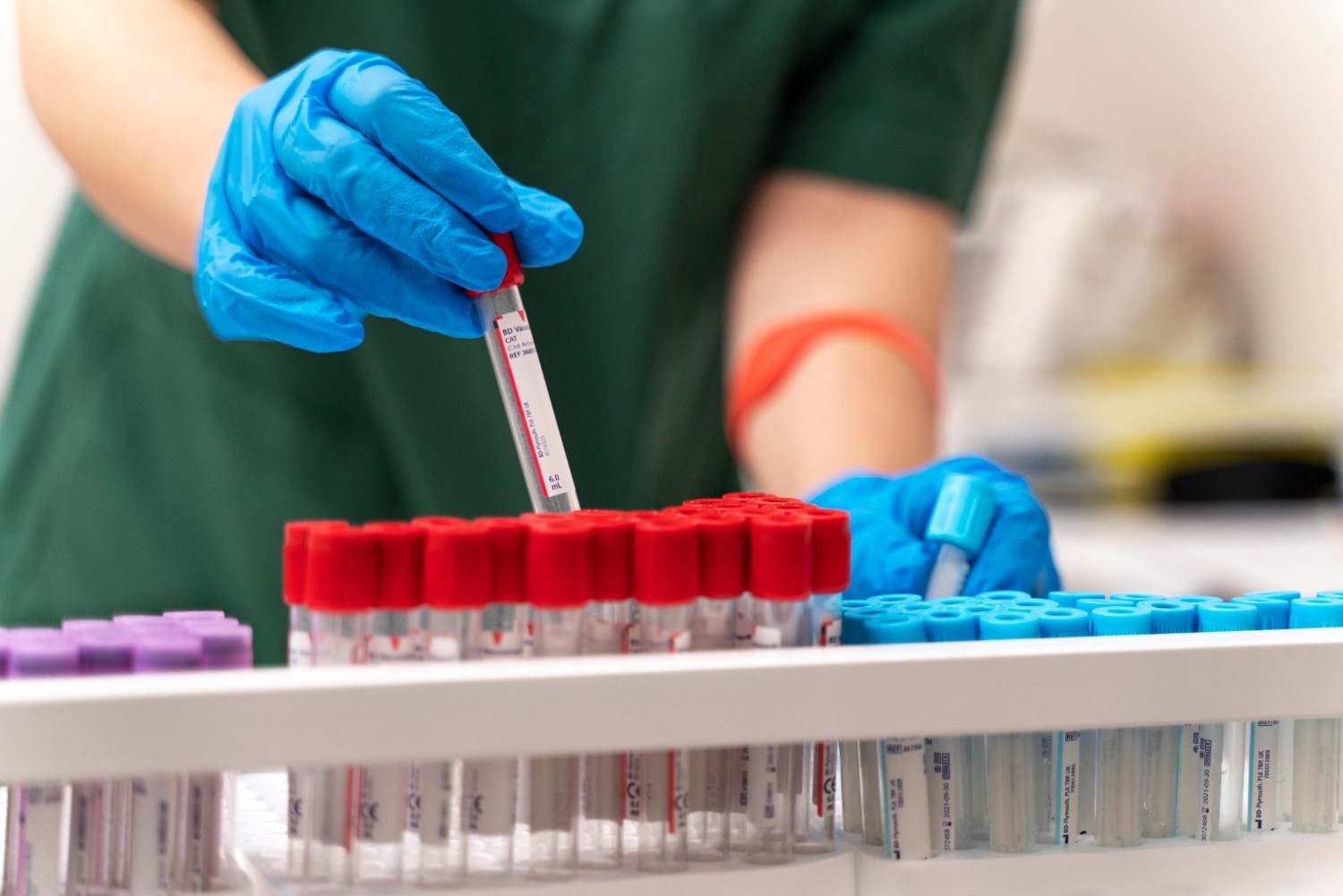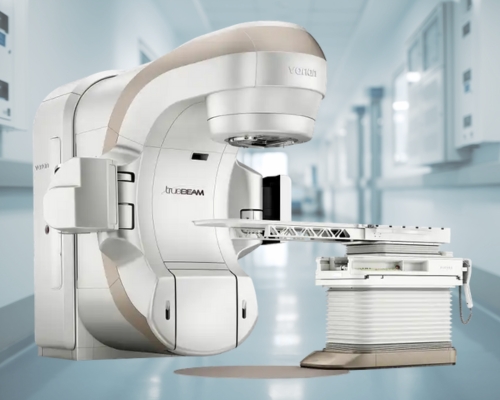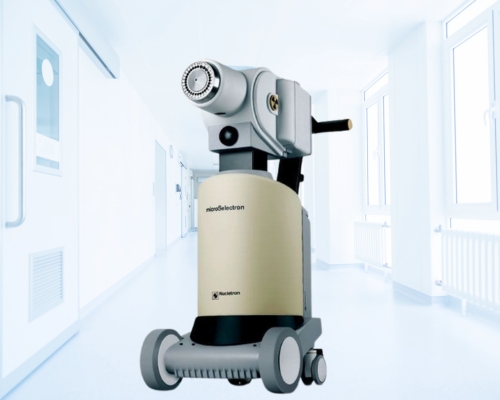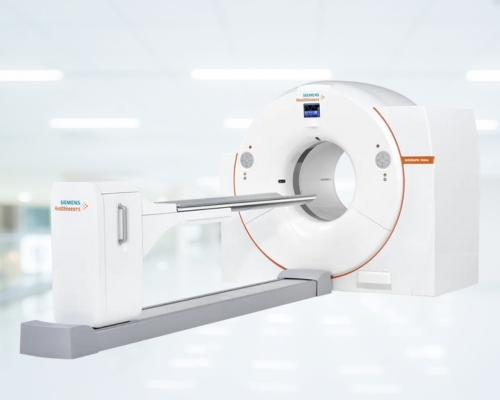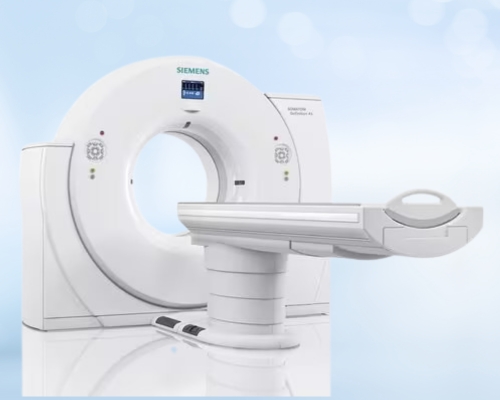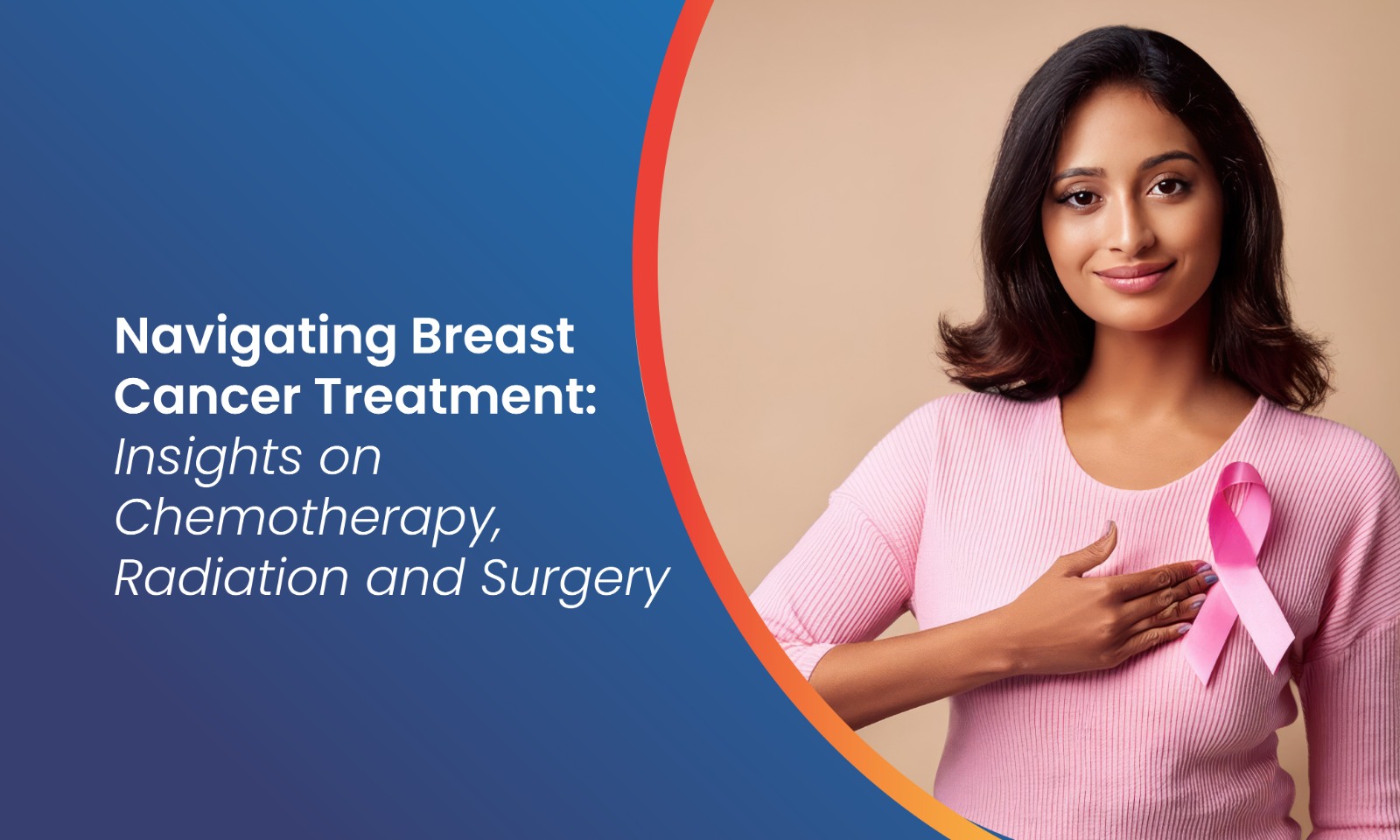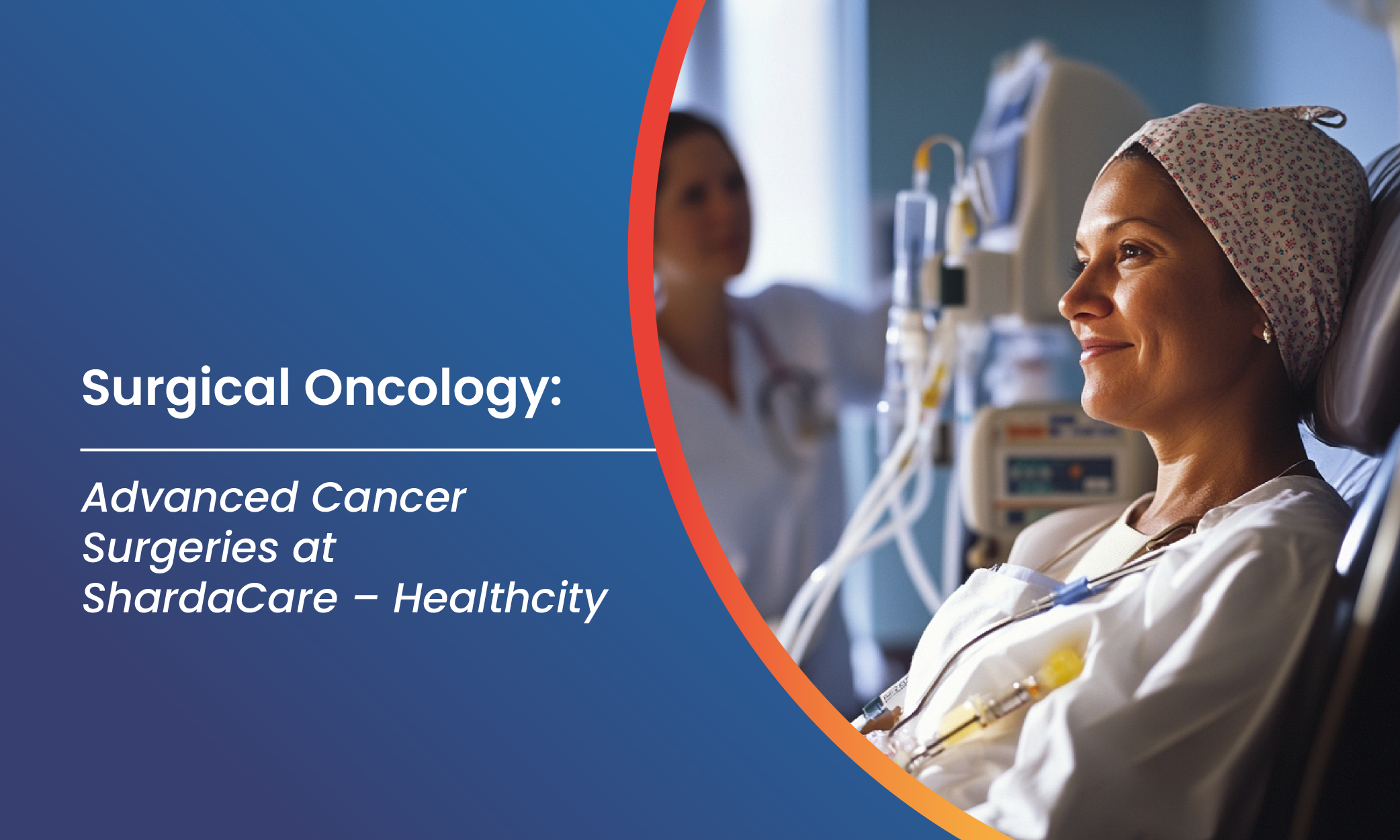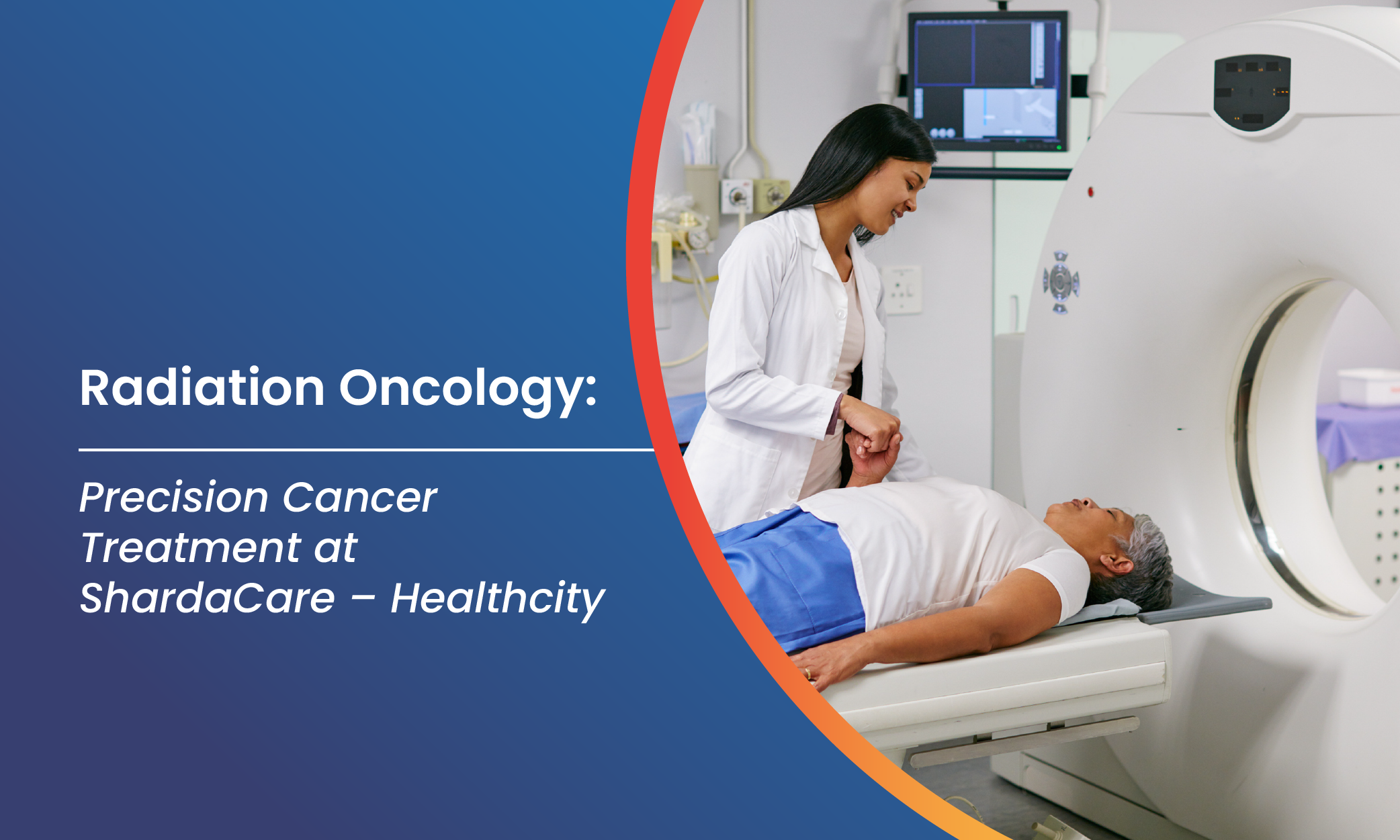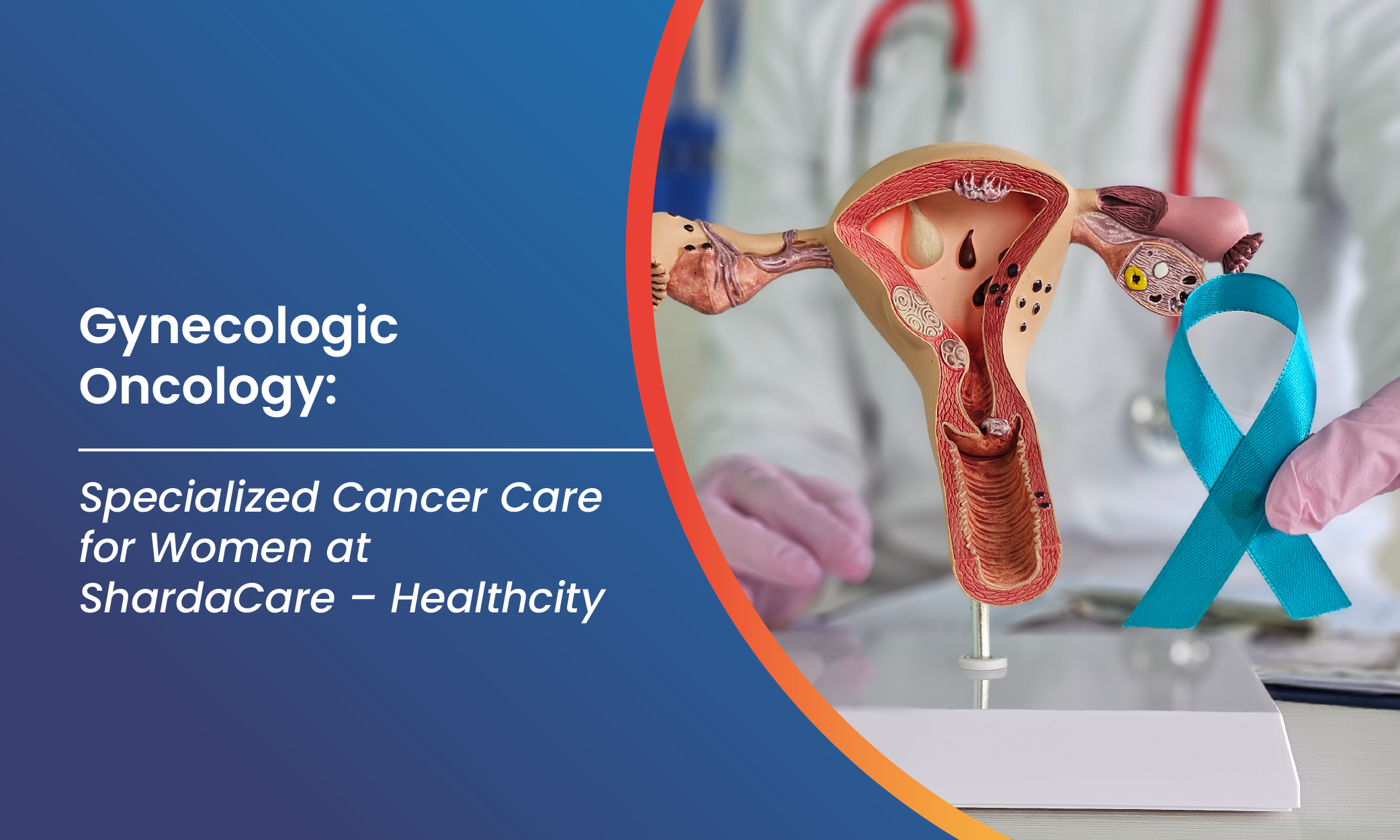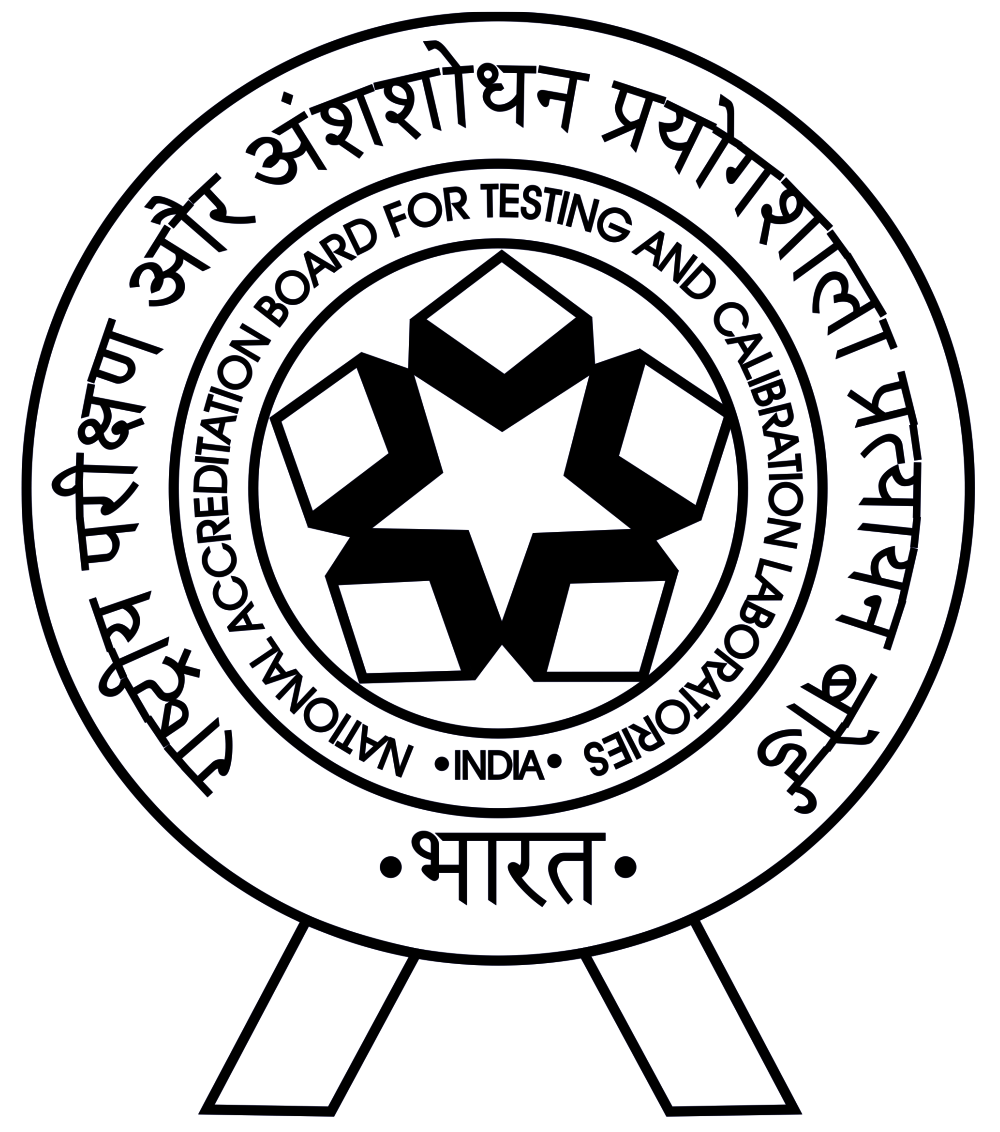
Head & Neck Oncology Care at ShardaCare – Healthcity
At ShardaCare - Healthcity, our Head and Neck Oncology Department is dedicated to providing exceptional, personalized care for patients battling complex Head and Neck Cancers. As a specialized Oncology unit, we understand the unique challenges these diseases present and are committed to delivering comprehensive treatment solutions that not only fight the Cancer but also preserve and restore the affected structures.
Head and Neck Cancers can impact various complex structures, including the Mouth, Jaw, and Throat. Addressing these complex diseases requires a collaborative effort from a team of experts. At ShardaCare - Healthcity, our Head and Neck Oncology Department brings together a multidisciplinary team of Oncologists, Surgeons, Radiation Therapists, Rehabilitation Specialists, and Supportive Care providers to develop a personalized treatment plan for each patient.
The Head & Neck Surgeon at ShardaCare - Healthcity manages a variety of conditions in the Head and Neck region, including:
- Oral Cancer, Tumours of the Mouth and Tongue, and Jaw Tumours
- Throat Cancer affecting the Larynx and Pharynx
- Thyroid Gland Lumps and Thyroid Cancer
- Tumours of the Salivary Glands, including the Parotid and Submandibular Glands
- Sinus Cancer and Tumours affecting the skull base
- Neck Swellings, including those caused by TB, Lymphomas, and Sarcomas
- Orbital Tumours
- Any other Tumours or related conditions occurring in the Head and Neck area
Signs to Watch for Head & Neck Cancer:
- A Sore or Ulcer in the Mouth or Tongue that doesn't heal in three weeks
- Continuous Bleeding from the Gums or Mouth
- Nasal Blockage with Nosebleeds
- Voice changes or trouble swallowing lasting over three weeks
- Pain-free Lump in the Neck or Thyroid
- Changes in Size, Colour, or Bleeding of a Wart or Mole
Looking for an Expert
ShardaCare - Healthcity is home to some of the eminent Doctors in the world.
Book an AppointmentOur Medical Experts
Related Specialties
Technology
Varian TrueBeam Linear Accelerators (LINAC)
ShardaCare - Healthcity introduces Varian Truebeam LINAC, revolutionizing cancer care with pinpoint accuracy in radiation therapy for tailored treatment plans.
Varian HDR Brachytherapy Machine
ShardaCare - Healthcity brings the Varian HDR Brachytherapy Machine, empowering personalised cancer treatment with high-dose rate therapy for localised tumours.
Siemens Healthineers PET CT Scan
Welcome to advanced diagnostics at ShardaCare - Healthcity with Siemens Healthineers PET CT Scan, offering unparalleled imaging precision for comprehensive disease assessment.
GE 256 Slice CT-Scan
Enhance diagnostic capabilities at ShardaCare - Healthcity with GE 256 Slice CT-Scan, providing exceptional image clarity for precise medical evaluation.


